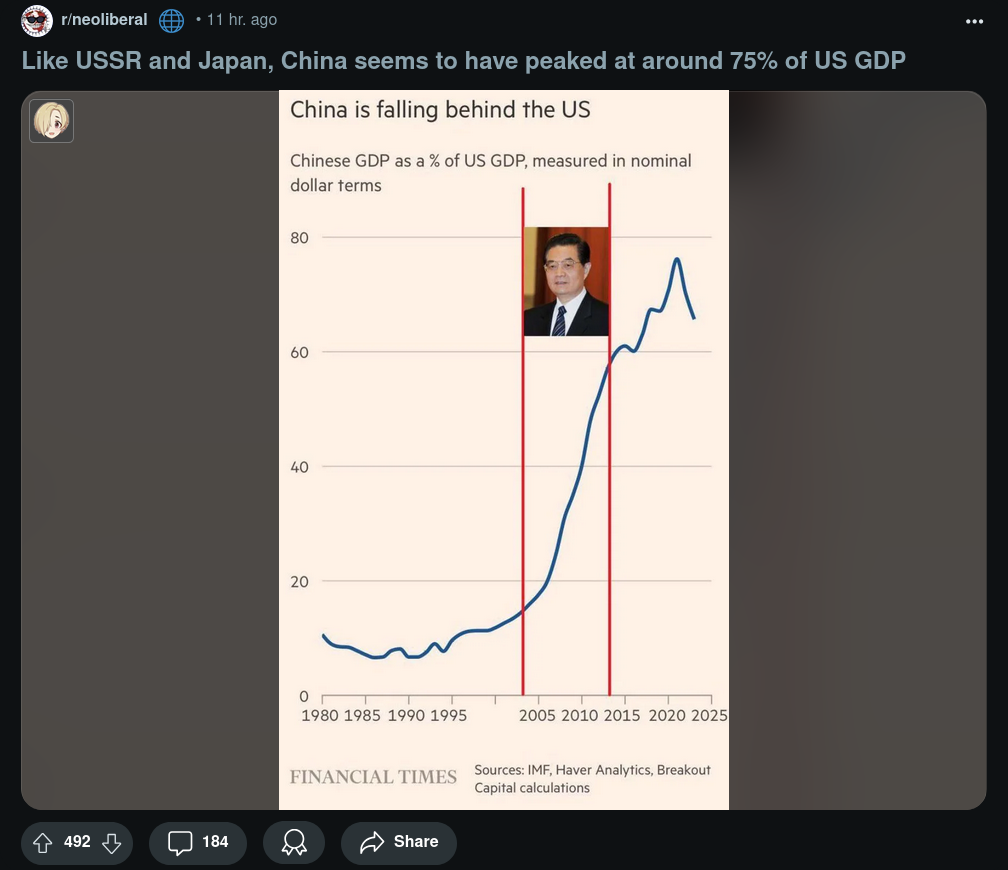view the rest of the comments
The Dredge Tank
The Dredge Tank. For posting all the low tier reactionary bullshit that you can't post anywhere else. Got some bullshit from Reddit with 2 upvotes and want to share, post it here.
This community was created with the purpose that Rule 8 fans will just block it.
The rules are literally The Dunk Tank's rules, just without rule 8.
Rule 1: All posts must include links to the subject matter, and no identifying information should be redacted.
Rule 2: If your source is a reactionary website, please use archive.is instead of linking directly.
Rule 3: No sectarianism.
Rule 4: TERF/SWERFs Not Welcome
Rule 5: No ableism of any kind (that includes stuff like libt*rd)
Rule 6: Do not post fellow hexbears.
Rule 7: Do not individually target other instances' admins or moderators.

I disagree here. The nascent of capitalism was grown within the old order of feudalism in small scale. Burghers/bourgeoisie operated within cities that were distinct in economy and governance from the rest of feudal world. Guilds and city councils were bourgeoisie organizations which codified the accumulation of capital. They weren't producing on a factory scale, but they weren't independent artisans either. Guild masters had dozens of employees under them who produced artisan goods in exchange for wage labor. While the majority of the population were agricultural workers, within select cities the urban population would turn surplus into capital. If it's a matter of definition you could call this proto-capitalism because it wasn't systemic to the entire economy, but a capitalist logic certainly dominated those select cities which allowed them to accumulate so much wealth. But I think if you have a hard cut off on capitalism beginning only with the industrial revolution, you're losing a lot of relevant conversation.
And I don't really disagree with this. The author doesn't go into too much detail about how things are produced.
I know that the bourgeoisie existed before the industrial revolution and had their own organizations. I would certainly call these proto-capitalistic. But I would not call the prevailing social order itself capitalism, much in the same way I wouldn't call the current social order socialism, even though proto-socialist elements exist today. Since the elements themselves also only exist as parts of a whole, I wouldn't call proto-capitalist elements as capitalistic, because the elements of a fully capitalist society are different from the elements that will later evolve into capitalism. For example, in regards to guilds, most guilds before capitalism proper did not rely on wage labor (as wage labor was heavily looked down upon before capitalism as being unfit for men). Wage labor could only explode with primitive accumulation, and only with the formation of reserve armies of labor does it take on the monstrous form that it has under capitalism.
If I come across as arguing over semantics, it's just that I find the way that the book uses the word "capitalism" confusing. I have pre-concieved notions of what the word means, and am not sure which ones I should drop or keep when reading a passage from the book.
Yes, I do think this is a relevant dynamic.